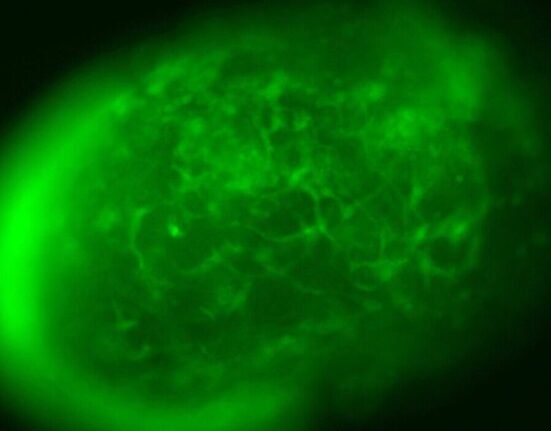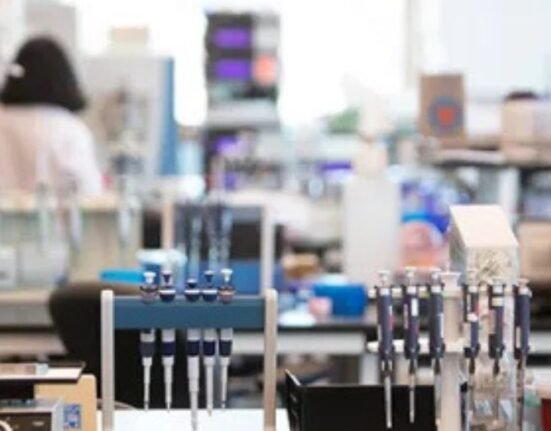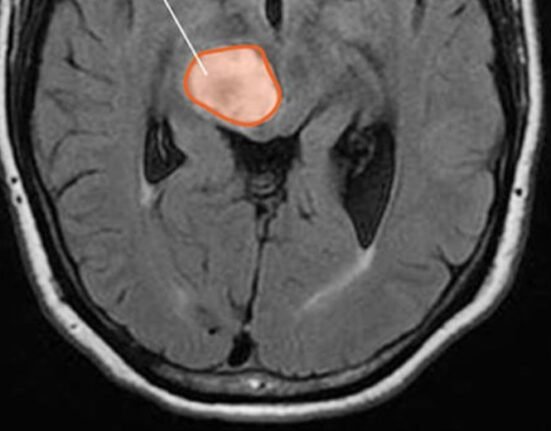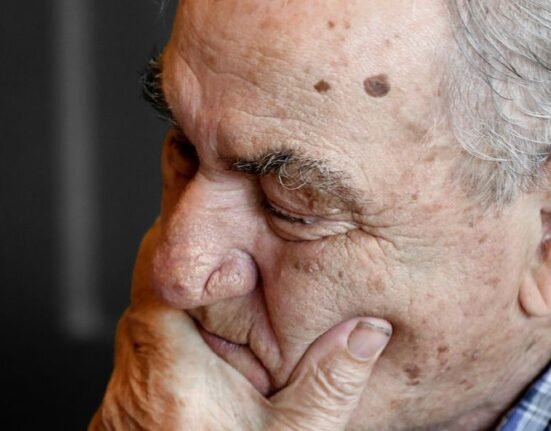HQ Team
November 26, 2024: Cassava Sciences Inc., a US-based biotechnology firm, announced its controversial experimental oral molecule to treat Alzheimer’s Disease has failed in last-stage trials.
Simufilam did not reduce cognitive and functional decline during the phase III trials compared to a dummy drug, according to a company statement.
“The results are disappointing for patients and their families living with this disease and physicians who have been looking for novel treatment options,” said President and Chief Executive Officer, Rick Barry.
“We took careful measures to enrol patients with mild-to-moderate Alzheimer’s Disease (AD). Despite that, the loss of cognition in the placebo group was less pronounced than earlier reported in other placebo-controlled studies in AD. We are working to understand this better,” he said.
Second late-stage trials stopped
Cassava decided to stop the planned second end-stage trials after the results, he said. The trials failed on all pre-specified co-primary, secondary and exploratory biomarker endpoints.
The main outcome measured change in cognition and function at week 52 compared to baseline. The other goals included improvements in neuropsychiatric symptoms and caregiver burden.
Data from the trials will be shared at a “future medical meeting,” according to the statement. The trial was conducted in more than 75 clinical trial sites in the US, Canada and Australia, on about 800 patients.
Simufilam targets the filamin A protein in the brain to restore its normal shape and function. Simulfilam is Cassava’s lead and only drug in development.
‘Well-capitalized’
“We remain focused on the interests of Cassava shareholders and are committed to enhancing shareholder value,” Eric Schoen, Chief Financial Officer at Cassava said.
“Cassava is well-capitalized with approximately $149.0 million in cash and cash equivalents as of the end of the third quarter of 2024,” he said.
The drug has been involved in controversy since 2021. Two whistleblowers, represented by their law firm, filed a citizen’s petition with the US drug regulator, FDA, during that year.
Other scientists alleged the use of fraudulent images questioned the preclinical results, citing the small sample size, alleged methodological flaws in an in vitro technique, and potential conflict of interest.
Settling charges
The FDA said that the citizen petition was an improper procedure to request an investigation.
In July 2022 a criminal investigation was started by the United States Department of Justice over research results related to the experimental drug.
The U.S. Securities and Exchange Commission (SEC), the U.S. National Institutes of Health (NIH), and the City University of New York (CUNY) also investigated whether Cassava or individuals manipulated data.
Earlier this year, CUNY neuroscientist Hoau-Yan Wang, co-discoverer of the experimental compound, was charged by the United States Department of Justice (DOJ) with fraud for falsifying data on $16 million in NIH grant applications related to simufilam.
In September, the company agreed to pay $40 million to the SEC to settle charges that it had misled investors about earlier clinical trial results for simufilam.
The company’s CEO and chief scientist left their jobs and paid fines as part of their own SEC settlements. Wang too paid a fine to settle charges.








